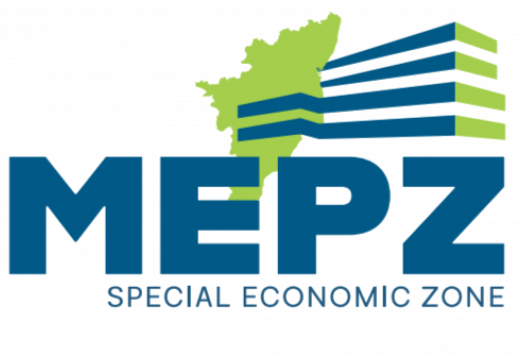About Schemes
Special Economic Zone (SEZ) Scheme was introduced by the Government with effect from 1.4.2000 with the objectives to provide an internationally competitive and hassle-free environment for earning of foreign exchange, attracting Foreign Direct Investment (FDI), generation of employment and to facilitate transfer of technology. Special Economic Zones are considered to be growth engines to boost manufacturing, augment exports and generate large scale employment.
The unique feature of the SEZ Scheme is that an SEZ is considered to be foreign territory for the purposes of trade operations, duties and tariffs. Supplies of goods & services into SEZ from Domestic Tariff Area (DTA) are treated as exports and goods & services coming from SEZ into DTA are to be treated as if these are being imported.
The SEZ scheme envisages association of the private sector with the development of SEZ. SEZs could be set up in the public, private, joint sector or the State Governments. Developers of an SEZ are eligible for duty free procurement/ import of goods and services for the purpose of development, operation and maintenance of the Zone.
The major incentives and facilities available to SEZ developers include:-
- Exemption from customs/excise duties for development of SEZs for authorized operations approved by the BOA.
- Income Tax exemption on income derived from the business of development of the SEZ in a block of 10 years in 15 years under Section 80-IAB of the Income Tax Act. (Sunset Clause for Developers has become effective from 01.04.2017)
- Exemption from Minimum Alternate Tax (MAT) under Section 115 JB of the Income Tax Act. (withdrawn w.e.f. 1.4.2012)
- Exemption from Dividend Distribution Tax (DDT) under Section 115O of the Income Tax Act. (withdrawn w.e.f. 1.6.2011)
- Exemption from Central Sales Tax (CST).
- Exemption from Service Tax (Section 7, 26 and Second Schedule of the SEZ Act).
The incentives and facilities offered to the units in SEZs for attracting investments into the SEZs, including foreign investment in
- Duty free import/domestic procurement of goods for development, operation and maintenance of SEZ units
- 100% Income Tax exemption on export income for SEZ units under Section 10AA of the Income Tax Act for first 5 years, 50% for next 5 years thereafter and 50% of the ploughed back export profit for next 5 years. (Sunset Clause for Units will become effective from 01.04.2020)
- Exemption from Minimum Alternate Tax (MAT) under section 115JB of the Income Tax Act. (withdrawn w.e.f. 1.4.2012)
- Exemption from Central Sales Tax, Exemption from Service Tax and Exemption from State sales tax. These have now subsumed into GST and supplies to SEZs are zero rated under IGST Act, 2017.

